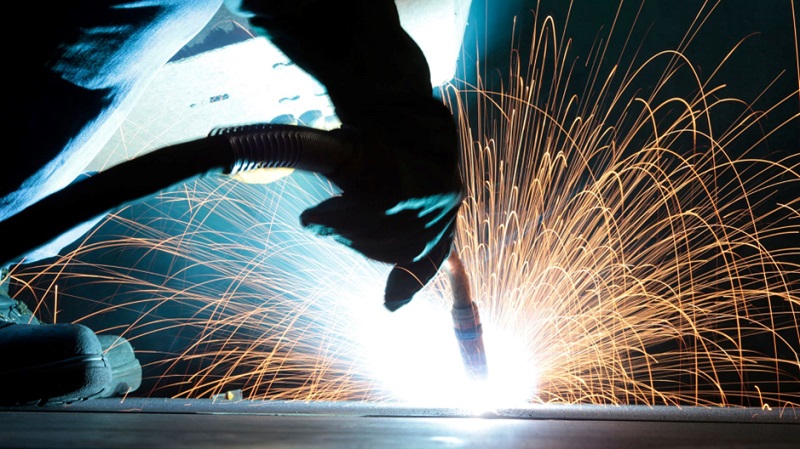Welding is a complex and potentially dangerous activity. Without the right safety precautions in place, it can be easy to put yourself and those around you at risk of injuries. Fortunately, there are a few simple steps you can take to ensure the safety of your welding projects. Here are four essential tips for safeguarding your welding projects.
1. Set Up an Effective Work Area
Before starting any welding project, investigate the area for potential hazards such as gas leaks or electrical shorts and ensure that everything is properly grounded. Move away from flammable objects such as paper products, chemicals, and aerosol cans, and place fire extinguishers in easy-to-reach areas nearby. Make sure your work area is well-ventilated, and installing a welding fume extractor will help in extracting fumes and other toxic chemicals from the air.
2. Use Proper Protective Gear
One of the most important safety measures you can take when welding is to invest in proper protective gear. Wear appropriate clothing that covers as much skin as possible, and make sure you have good-quality protective goggles, gloves, and footwear to prevent burns or debris from entering your eyes or skin. Additionally, consider investing in a respirator or face mask designed specifically for welding applications.
3. Ensure Adequate Lighting
Ensure that there is adequate lighting in your work area so that all corners of the space are within view while working with a torch. Avoid using non-LED lighting systems due to their risk of generating sparks near potentially flammable materials like methane gas or oil vapors. In addition, avoid pointing bright lights directly at yourself while working with a torch since this may cause painful eyestrain over long periods of time.
4. Stay Alert During Operation
Avoid distractions such as talking on the phone or other activities unrelated to welding while operating machinery or torches—it’s just too easy for something dangerous to happen if you’re not giving it your full attention. If necessary, pause the operation every so often and rest both physically and mentally before continuing your work.
Fatigue has been known to cause errors leading to serious mishaps during welding operations, so be sure to pace yourself accordingly. You may also check out welding fume exposures and controls so that you can have better knowledge about welding safety.
To Conclude
Taking these simple yet effective steps can help assure the safety of everyone involved in any given welding project. Additionally, it’s important to stay up-to-date on the latest welding fumes exposure safety regulations and guidelines and what we know. You will get all the valuable resources for welders of all experience levels about the potential hazards associated with welding fumes and learn about the best solutions for controlling welding fume exposures and what should be done to protect against them.







